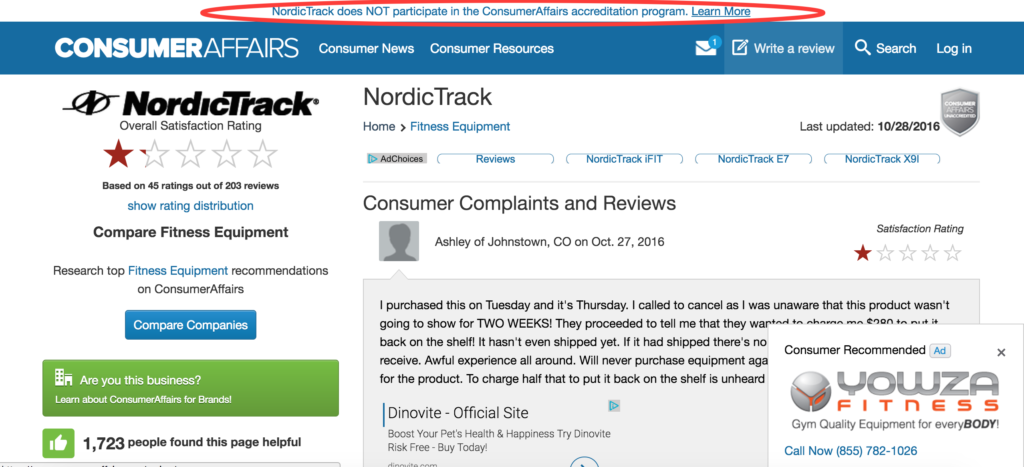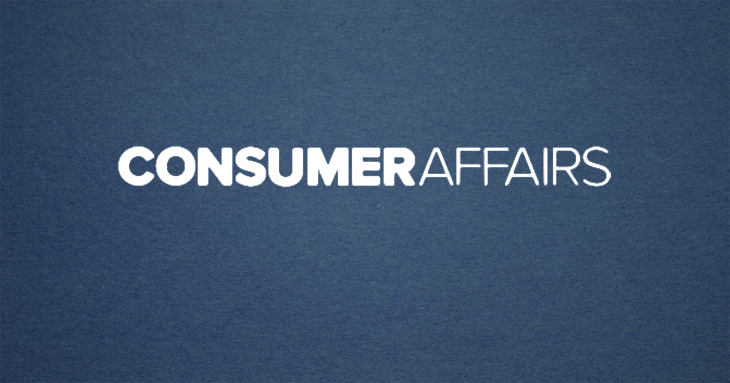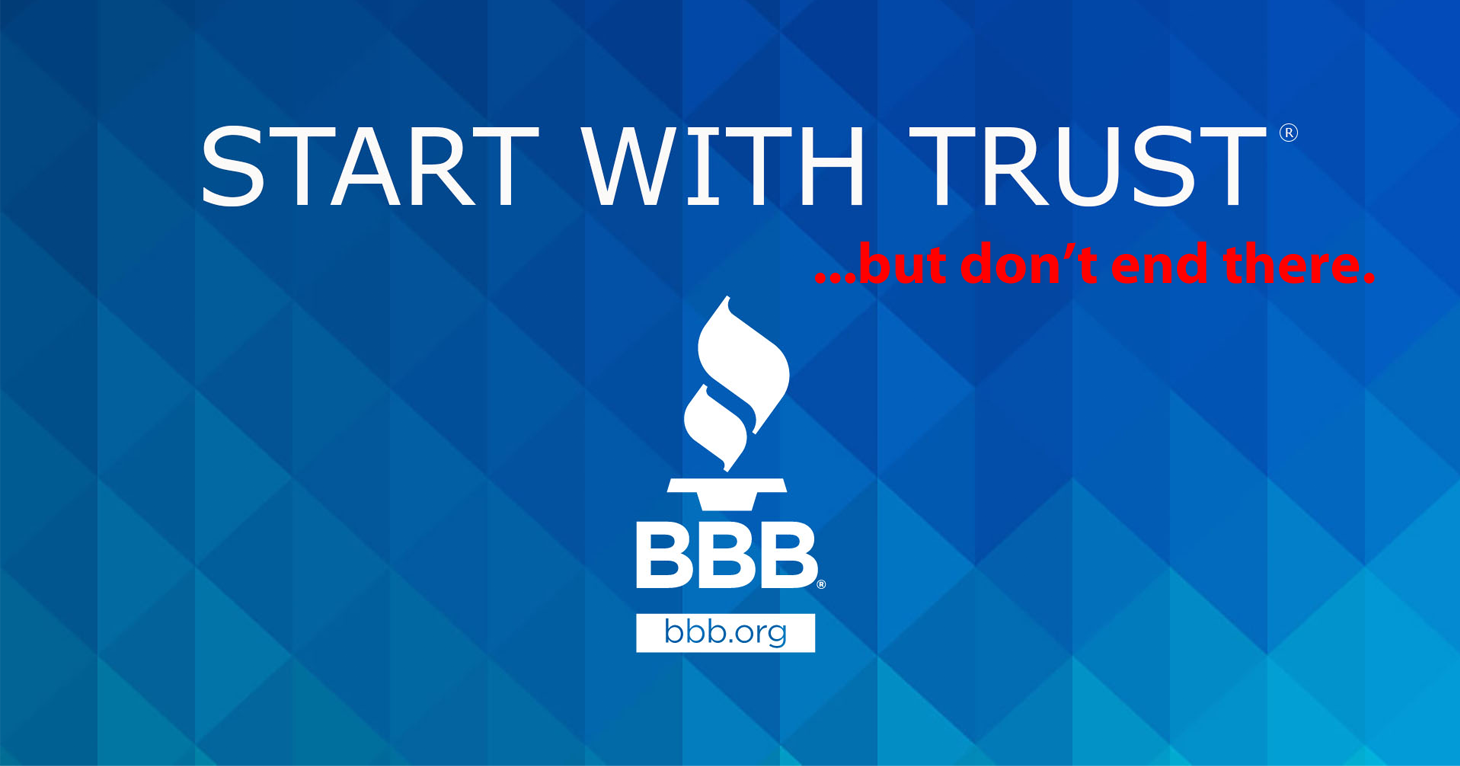
What You Should Know about USANA
Supplement MLM takes down dozens of deceptive claims following TINA.org investigation.
Consumer website's affiliation with businesses reviewed on site called to task.
ConsumerAffairs describes itself as a consumer news and advocacy organization but it has faced scrutiny about who it is really representing.
In the online world of consumer reviews, consumer forums, and reputation management, a major issue is how a reader knows which site has the most objective information. ConsumerAffairs has twice been challenged about its rating practices and whether it is objectively presenting reviews of companies.
In November, NordicTrack fitness equipment filed a RICO complaint. The lawsuit, filed in District Court in Utah by Icon Health and Fitness, alleges that companies that pay for ConsumerAffairs’ services are given special treatment. The costs for services, according to the lawsuit, include a $9,000 set up fee and $3,000 per month. If a company pays the fees, the suit alleges, then ConsumerAffairs will solicit and post positive reviews, give companies access to information about customers who have posted negative reviews so member companies can resolve complaints and enable companies to have ratings removed, among other things. The suit, which is seeking $10.5 million in alleged lost revenues for the year, states:
In reality, ConsumerAffairs utilizes its computer resources in order to puff the reputation of those companies who pay for its services and to deliberately degrade the good will and reputation of those who do not.
NordicTrack has a one-star rating on ConsumerAffairs, despite the fact that ConsumerReports.org, which is funded by subscription fees paid by consumers not companies, has given the company’s fitness products high scores, the lawsuit noted. ConsumerAffairs bases its rating of NordicTrack on 45 out of 203 reviews and when a consumer searches for NordicTrack on ConsumerAffairs, not only does the one-star rating page appear but a promotion for another fitness company, Yowza, that pays for ConsumerAffairs services, also pops up on the page.

“The negative manipulation and characterization of ratings by ConsumerAffairs is designed to coerce brands to pay lucrative fees for ConsumerAffairs to transform their ConsumerAffairs ratings and images,” the suit states.
In 2014, UnbeatableSale.com filed a challenge with ERSP, an ad industry self-regulatory body, citing similar issues. It had a one star out of five rating on the ConsumerAffairs site at the time of the complaint. As a nonmember (referred to on the site as unaccredited, which means it didn’t pay ConsumerAffairs for the service) it said it could only respond privately to customers on an individual basis who filed negative reviews and thus readers were not able to view its side of the story on the website.
UnbeatableSale said in its challenge that ConsumerAffairs should stop referring to itself as a consumer advocacy organization, fully disclose how its rating system operates including identifying the fees it charges, “level the playing field between clients and non-clients” by identifying companies that pay for its service, and provide free of charge to nonmembers the same mechanisms to address existing reviews.
“The pages of paying or ‘accredited’ businesses should be labeled as what they really are: paid advertisements,” UnbeatableSale told ERSP in the 2014 complaint.
ConsumerAffairs countered that at that time it did clearly inform consumers of its relationship with accredited members companies in several different places on its website and it also explains its procedures in a white paper it provides to companies that request it. The site said it “is not a pay-for-ratings enterprise,” nor does it conduct any kind of “commercial blackmail.” What it does, it said, is to help companies overcome “feedback friction,” which it defines as helping satisfied customers overcome obstacles in giving positive company feedback.
(A TINA.org review in 2014 of the specific companies listed on ConsumerAffairs’ home page found that all the companies that were not paying members received negative ratings and only one out of 25 paying companies received less than three stars.)
ERSP, a division of the Council of Better Business Bureaus, determined that ConsumerAffairs did not adequately disclose its paid affiliation with company members on its website and recommended that it clearly and conspicuously display its connections. ERSP also concluded that the website could still call itself a consumer news and advocacy organization.
ConsumerAffairs now displays whether a company is a member of its accreditation services, with small print atop nonpaying company review pages (see NordicTrack image above) and in a large shield logo for paying members.

In a statement to TINA.org about the 2014 ERSP decision, ConsumerAffairs said, among other things, that the reviews it solicits for paying companies are not the sole basis for its ratings of a company, and that a company cannot pay the site to remove reviews or post only positive reviews. About 80 percent of 115 paying companies received more than 3.5 stars, and 23 companies, or 20 percent, have received negative, or less than 3.5 stars.)
In an email to TINA.org regarding the RICO lawsuit brought by Icon, which manufactures the NordicTrack, ConsumerAffairs CEO Zac Carman said that “the allegations contained in the lawsuit are without merit.”
One issue of special note, UnbeatableSale is now an accredited member of ConsumerAffairs and its rating has climbed to almost five full stars.
Seems what readers really need to know about this site is that it is advocating for companies that pay it to do so.
For more information about reviews click here.
This post was originally published on 10/21/2014 and updated several times.
Supplement MLM takes down dozens of deceptive claims following TINA.org investigation.
From fairwashing to fragrance, consumers have plenty to watch out for in 2021.
Researching a company shouldn’t be one-stop shopping.


